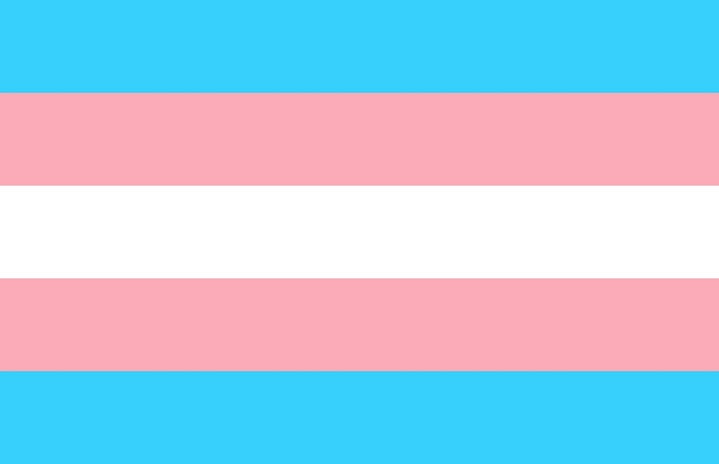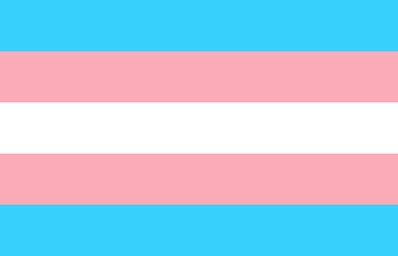Relationships are tricky for everyone, so here are some resources, tips and ideas to help protect your sexual health!
- Safe Sex Practices
-
Disclosure: The key to a successful relationship or entanglement is disclosure. Talk to your partner about each of your sexual histories and determine the best way to begin being intimate. If either of you would feel safer after being tested, refer to the resources below to locate your nearest free clinic.
Body Positivity: It’s great that you are feeling comfortable and interested in being sexually active. Before you start exploring, please remember that if you arent comfortable talking about sex, you probably won’t be comfortable having it!
Establish Boundaries: Talk to your partner about each of your boundaries before any activity begins. Discuss your preferred ways to refer to your bodies, and remember to be assertive about your desires.
Respect Others’ Sexuality: Some people simply don’t experience sexual attraction, and we must respect their sexuality too! It can be hard having a partner who does not wish to be intimate, but you never want to coerce (whether consciously or not) someone into sharing their body with you.
- Information About Hormone Therapy
-
Self-reflect: Before beginning hormone therapy, consider what your long term goals are. Do you desire the maximum effects of hormones? Hormone therapy is similar to a second puberty, and you must remember that puberty takes years to fully take effect. Reviewing what you want to get out of hormone therapy will make it easier to discuss with your doctor about what your ideal care plan is.
Estrogen: Estrogen is the primary “female” hormone, and may be administered as a pill, injection, gel, or patch. Taking high doses of estrogen may not make your transition progress quicker, but could cause health complications. Be sure to speak to follow your prescription recommendations to protect yourself!
Testosterone Blockers: Testosterone blockers are also known as anti-androgens. Anti-androgens are the type of hormones that block masculine features. There are a number of testosterone medications you can try, though the most common is spironolactone. Spironolactone is widely used and a safe medication for most.
Progesterone: Progesterone is a hormone in cisgender women that helps keep your uterus healthy and supports pregnancy. Most people take progesterone as a pill. Generally, progesterone is added to your care plan once your hormone levels have stabilized after taking estrogen and testosterone.
Side Effects: While the results of hormone therapy will make you feel more comfortable in your skin, it’s important to recognize there are many side-effects to hormones, some of which could negatively affect your self-perception: weight redistribution, increased acne, height changes, and hair reduction or growth. To reduce the risks of side effects, make sure you get your prescription updated frequently, and try to keep a log of symptoms to share with your doctor.
- Sexual Health Testing & Contraception
-
Trans[TEST] is a peer-led, sexual health service for anyone who is trans or gender diverse (TGD). Trans[TEST] offers free HIV/STI testing, cervical screening, vaccinations for hepatitis A and hepatitis B, treatment of STIs, PEP and the ability to meet with a nurse or doctor to discuss a range of issues.
Planned Parenthood is a healthcare center dedicated to providing coverage and access to sexual health resources for all. Planned Parenthood offers STD testing, birth control, physical exams, other sexual and reproductive health services, and referrals. Unfortunately, only some Planned Parenthood health centers are able to offer hormone treatments for trans people. Use this Planned Parenthood health center locator to learn about the services your center offers.
MedlinePlus is a division of the US Department of Health and Human Services that provides diagnostics, testing, research, and therapy. While there is a charge associated with most services available, MedlinePlus offers a variety of options and can put eligible patients in contact with other free or reduced resources.
The Reproductive Health Access Project explains different birth control methods for people across the gender spectrum, with a focus on the effects of different forms of birth control on those taking gender-affirming hormones such as testosterone.
- Mental Health Support
-
The Trevor Project‘s 24/7/365 Lifeline at 866-4-U-TREVOR (866-488-7386) or TrevorChat/TrevorText, their online & text-based support options. If you are looking for peer support, you can visit TrevorSpace from anywhere in the world.
The National Suicide Prevention Lifeline at 800-273-TALK (8255)
Trans Lifeline at 877-565-886
- Legal Assistance
-
If you ever experience discrimination due to your sexuality, these resources can help provide you with free or low-cost assistance.
For help fighting transphobia and related issues, the Transgender Legal Defense and Education Fund provides protection, legal assistance, and sexual education services.
The Transgender Legal Services Network is made up of 80 member organizations that serve trans communities. The network shares advice that provides technical support and legal resources.
While the Transgender Law Center (TLC) employs a variety of community-driven strategies to keep transgender and gender-nonconforming people alive, thriving, and fighting for liberation. TLC has been integral in multiple cases in the fight for trans lives, most notably that of Ash Whitaker in 2016.
It’s natural to be hesitant about intimate encounters, but if you approach your partner with a plan in mind, much of your initial concerns will be reduced!



